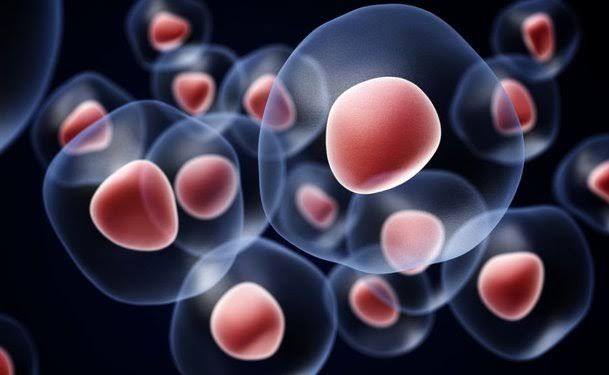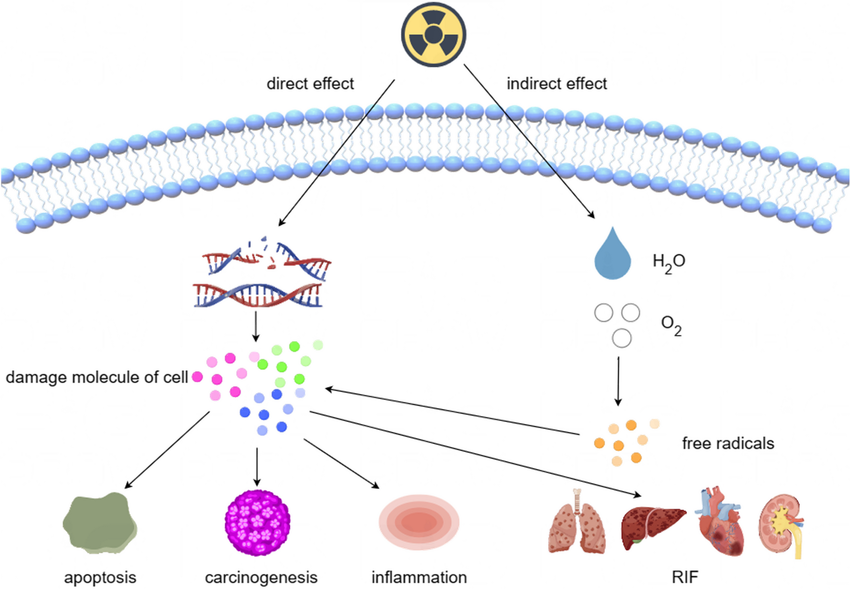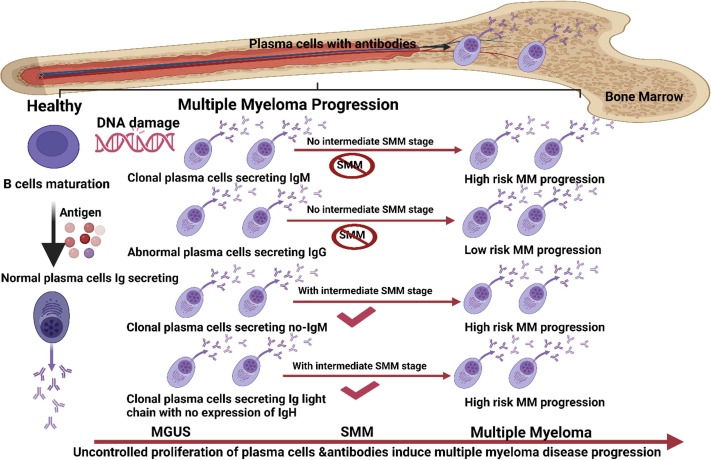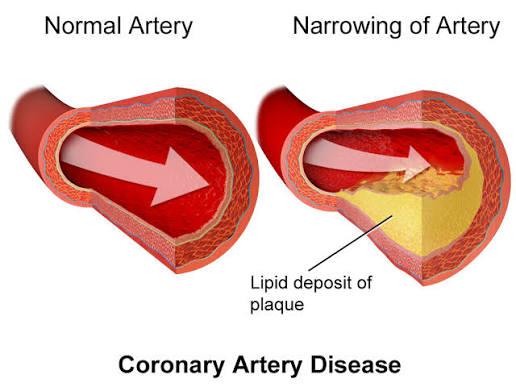
What is a Growth Factor and Cytokine?
Growth factors and cytokines are protein molecules that function as signaling molecules in the body, playing crucial roles in various physiological activities such as cell communication, immune function, and tissue repair. While both are involved in signaling pathways, growth factors primarily stimulate cell proliferation and differentiation, whereas cytokines are more broadly involved in immune responses and inflammation regulation.
Types of Growth Factors
Growth factors can be classified into several families based on their functions and sources. Some notable types include:
- Platelet-Derived Growth Factor (PDGF): Stimulates the growth of connective tissue cells.
- Vascular Endothelial Growth Factor (VEGF): Promotes angiogenesis (formation of new blood vessels).
- Epidermal Growth Factor (EGF): Stimulates the growth of epithelial cells.
- Fibroblast Growth Factors (FGF): Involved in wound healing and embryonic development.
- Insulin-like Growth Factors (IGFs): Regulate growth and development by mediating the effects of growth hormone.
- Nerve Growth Factor (NGF): Supports the survival and differentiation of neurons.
Sources of Growth Factors
Growth factors can be derived from various sources including:
- Animal Tissues: Originally isolated from tissues such as mice and cattle.
- Cells: Secreted by a variety of cell types including platelets, macrophages, fibroblasts, endothelial cells, and other stromal cells.
- Adipose Tissue: Produces numerous regulatory proteins known as adipokines.
- Skeletal Muscle: Can synthesize several homeostasis-regulating peptides.
Function of Growth Factors
The primary functions of growth factors include:
- Cell Proliferation: Stimulating the division and multiplication of cells.
- Cell Differentiation: Promoting the maturation of cells into specific types with specialized functions.
- Wound Healing: Facilitating tissue repair processes following injury or damage.
- Angiogenesis: Supporting the formation of new blood vessels to supply nutrients to tissues.
- Regulation of Metabolism: Influencing metabolic processes within various tissues.
In summary, growth factors are essential for maintaining normal physiological processes such as development, healing, and cellular maintenance while also playing roles in pathological conditions like cancer.







